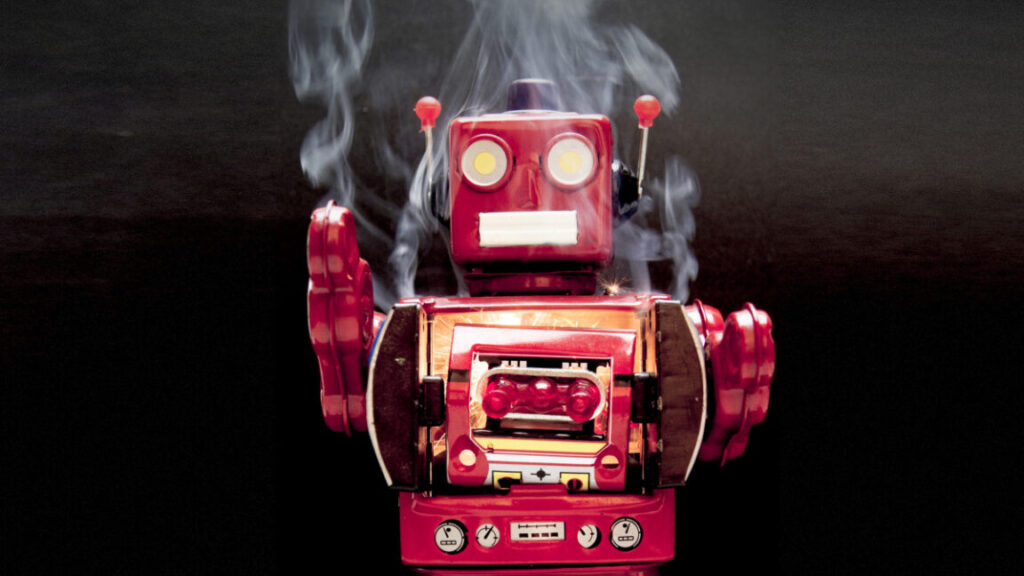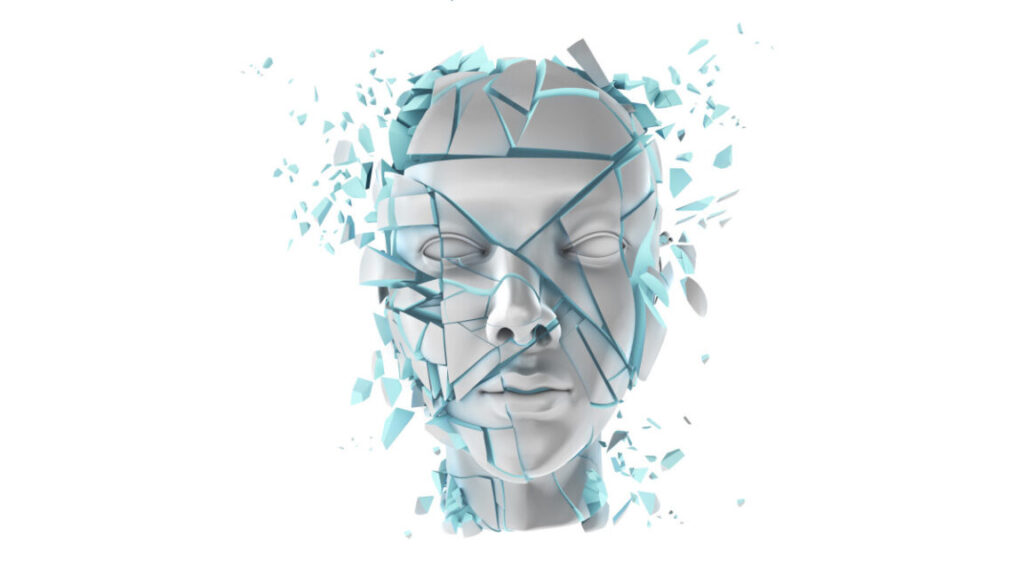Anthropic CEO floats idea of giving AI a “quit job” button, sparking skepticism
Amodei’s suggestion of giving AI models a way to refuse tasks drew immediate skepticism on X and Reddit as a clip of his response began to circulate earlier this week. One critic on Reddit argued that providing AI with such an option encourages needless anthropomorphism, attributing human-like feelings and motivations to entities that fundamentally lack subjective experiences. They emphasized that task avoidance in AI models signals issues with poorly structured incentives or unintended optimization strategies during training, rather than indicating sentience, discomfort, or frustration.
Our take is that AI models are trained to mimic human behavior from vast amounts of human-generated data. There is no guarantee that the model would “push” a discomfort button because it had a subjective experience of suffering. Instead, we would know it is more likely echoing its training data scraped from the vast corpus of human-generated texts (including books, websites, and Internet comments), which no doubt include representations of lazy, anguished, or suffering workers that it might be imitating.
Refusals already happen

Anthropic co-founder and CEO Dario Amodei on May 22, 2024. Credit: Chesnot via Getty Images
In 2023, people frequently complained about refusals in ChatGPT that may have been seasonal, related to training data depictions of people taking winter vacations and not working as hard during certain times of year. Anthropic experienced its own version of the “winter break hypothesis” last year when people claimed Claude became lazy in August due to training data depictions of seeking a summer break, although that was never proven.
However, as far out and ridiculous as this sounds today, it might be short-sighted to permanently rule out the possibility of some kind of subjective experience for AI models as they get more advanced into the future. Even so, will they “suffer” or feel pain? It’s a highly contentious idea, but it’s a topic that Fish is studying for Anthropic, and one that Amodei is apparently taking seriously. But for now, AI models are tools, and if you give them the opportunity to malfunction, that may take place.
To provide further context, here is the full transcript of Amodei’s answer during Monday’s interview (the answer begins around 49: 54 in this video).
Anthropic CEO floats idea of giving AI a “quit job” button, sparking skepticism Read More »

